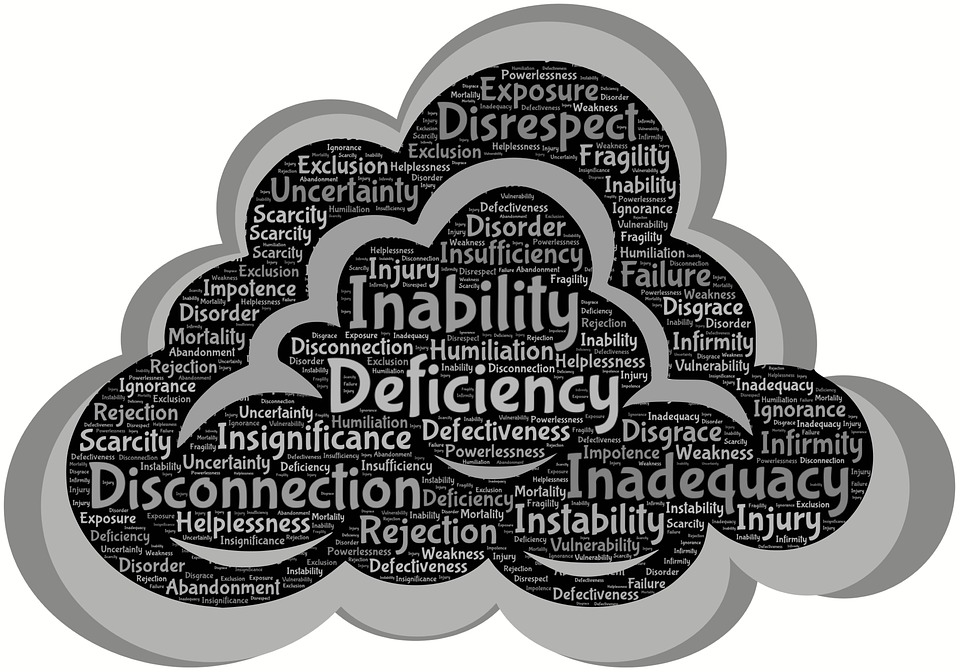”I’m a positive person always looking forward towards a brighter future.”
– A student from Lebanon –
The corona pandemic is not yet over and its effects will continue to be felt long after the number of cases has declined. These effects are different depending on the people they affect, and no human story is alike. This is why I decided to ask a few questions from real people, more specifically from our reader base: young people who follow Libel. Many thanks for everyone who answered the survey.
In total, 22 people responded. A slight majority of them are students, and coming from the Nordic countries (excluding Norway). Other countries represented are Pakistan, the Netherlands, Austria, Belgium, Lebanon and Germany. Many people shared that in January their summer plans revolved mostly around free time traveling or internships in another country. Only two people answered that they had no plans that were affected by the coronavirus. But did these people get the help they needed when the plans had to be changed? Here the answers varied: twelve people said they didn’t receive any help but around a third of these said that in retrospect they didn’t need help, from for example their university.
When it comes to covering their losses, nine people reported they were able to find a way to cover their losses at least somehow: partially refunded tickets, other courses and changing the holiday destination. The key for many has been to adapt to the rapid changes in developments related to the pandemic. One person from Pakistan told me that ”I plan to learn new languages, advance my knowledge in liberal politics and enroll in a few online courses”.
Now let’s talk about money and how to cope with it. I asked if people were expecting any sorts of income losses because of the coronavirus and changes in plans. Only three people said there were none. The rest wrote that there are at least minor monetary losses resulting from the pandemic. This includes things such as a few weeks’ salary losses and having to spend savings to counteract any bigger losses. In more serious cases people lost their jobs for the whole summer or, like in the case of a Dutch person, the possibility of transitioning from an internship to a full-time employee. Study-wise, people expect delaying graduation for up to a year or having to adapt to online courses, even in fields of study, such as medicine, that require a lot of practical training. In spite of all the hardships already met and expected, everyone thought they will ultimately manage just fine for the remainder of this year.
One group especially hit hard by this crisis is, unsurprisingly, the people in the risk group. Some of the answers brought this up. One person from Finland mentioned that being part of the risk group has made it extra hard to maintain social contacts and sparked feelings of loneliness since the people not at risk have had it easier to socialize. This goes to show how this crisis affects people in ways that are not directly measurable, and not immediately visible. Drawing attention to the mental and social aspects of the pandemic and the lockdown that was introduced to combat it is very important as we humans are social animals.
As I’m writing this, Germany is heading for a partial lockdown again, due to a new outbreak in a meat processing plant in the state of North Rhine-Westphalia. What this means is that even though lockdown measures are easing up throughout the world and life is getting back to normal, the virus is still out there. And for as long as it’s active, it has the potential to flare up and transform into a second global wave, which might exacerbate some of the difficulties resulting from the first. And there are still countries out there where the amount of COVID-19 cases are rising, even if they are not officially counted or reported on.

